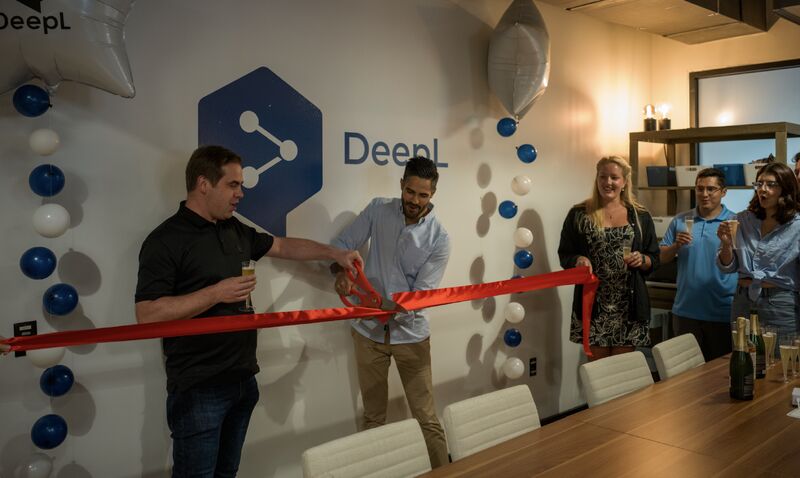DeepL, the German AI translation startup valued at a whopping $2 billion, has unveiled traditional Chinese as its newest language option. This strategic move is aimed at strengthening its foothold in Asia, particularly in the business hubs of Taiwan and Hong Kong.
Jaroslaw “Jarek” Kutylowski, DeepL’s CEO, emphasized the significance of these markets. “Taiwan and Hong Kong are strong technological markets, especially Taiwan, which is home to the world’s biggest chipmaker, TSMC.”
While this isn’t DeepL’s first venture into Asia—the company already supports Japanese and Korean—adding traditional Chinese marks a pivotal expansion. “Looking especially at Taiwan, there are many similarities to other successful Asian markets like Japan and Korea,” Kutylowski noted.
Despite the new launch, DeepL’s operations for traditional Chinese will initially be managed from Japan. Plans for a physical presence in Taiwan or Hong Kong are on hold for now.
In a significant stride, DeepL recently introduced its next-generation large language model (LLM), claiming superior translation quality over ChatGPT, Google, and Microsoft. This model is the backbone of DeepL’s advanced translation capabilities.
Backed by notable venture funds like Iconiq Growth and Index Ventures, DeepL positions itself as a formidable rival to Google Translate, albeit with a distinct focus on corporate clients. With 33 languages now in its repertoire, the company aims to facilitate global business communication. The addition of traditional Chinese is a strategic move to enhance communication for international clients with ties to Taiwan and Hong Kong.
Interestingly, while DeepL offers simplified Chinese, it hasn’t penetrated the mainland Chinese market. The traditional Chinese launch aims to challenge local tech giants like Baidu and Tencent, known for their translation tools.
“Our focus is on Asian languages, and you will likely see more coming in the next few months,” Kutylowski shared.
DeepL’s current offerings are centered on written language, but the company is also working on spoken language translation. Kutylowski hinted at this future development, stating, “Translation of spoken language is going to be an important part of our strategy in Asia.”
As DeepL continues to expand its language capabilities, the Asian market remains a key focus area, promising exciting developments in the near future.
(Source: The Next Web | PR Newswire)









